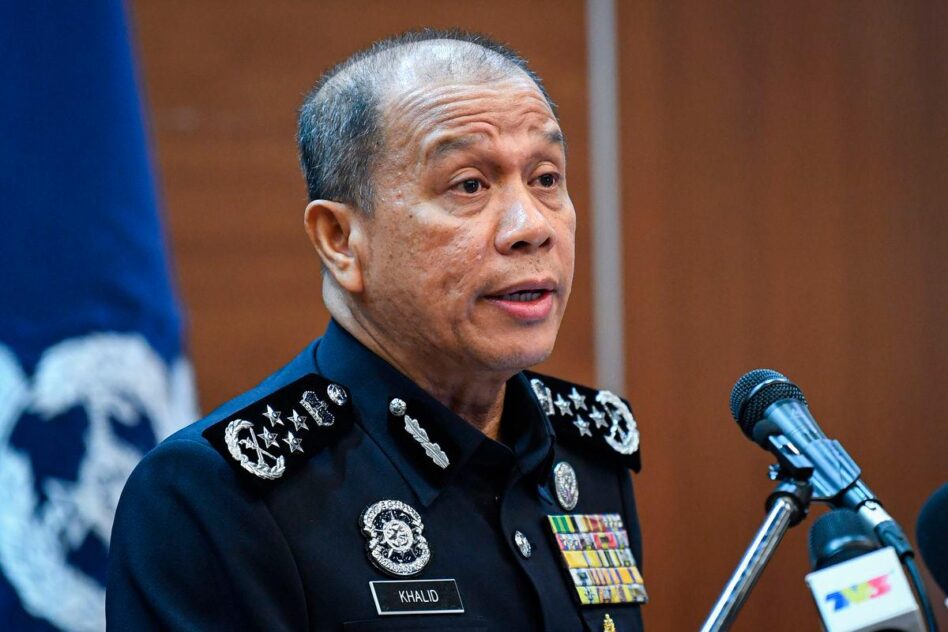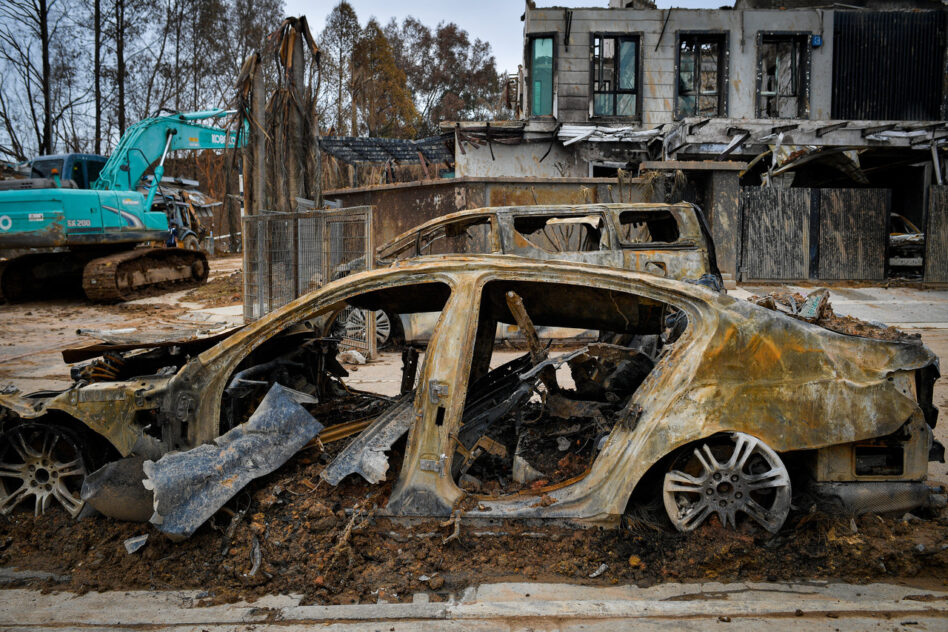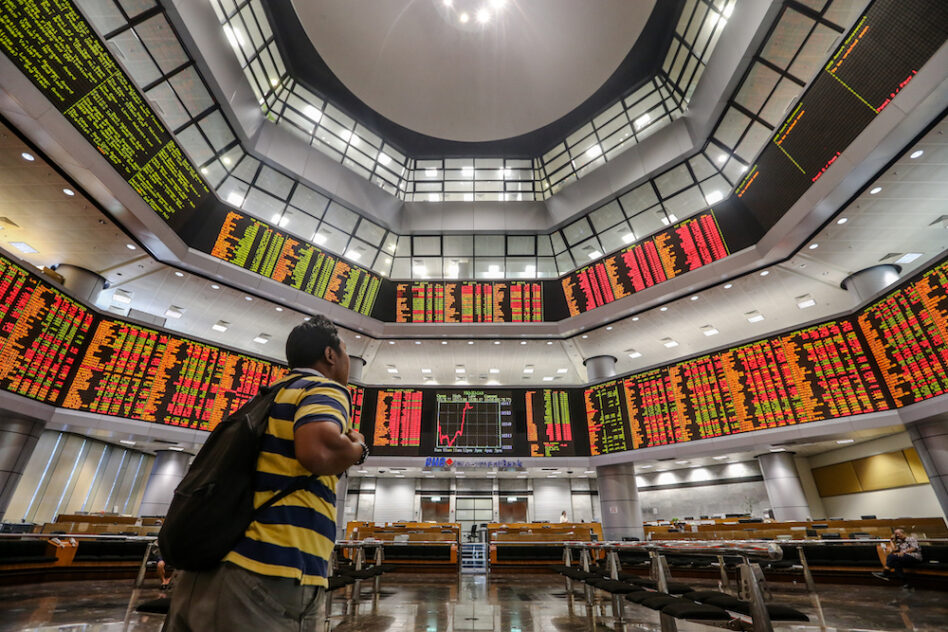SINGAPORE: At Lazada, the Southeast Asian arm of Alibaba Group Holding, staff are furious over demands they submit health reports daily and other coronavirus-prevention steps seen as too invasive, highlighting a long-running culture clash with management from China.
Since February, Singapore-based Lazada has asked all employees to answer detailed questions seven days a week about their health and where they have been lately, according to five people with direct knowledge of the matter.
While the e-commerce firm describes the health reports as not mandatory, employees receive frequent calls from human resources, even on weekends, to make sure reports are submitted, the people said.
Lazada has also asked Singapore employees to wear masks at work, contrary to guidance from authorities, and has also considered urging employees to refrain from attending religious gatherings, they said.
The five employees, who said staff anger was widespread, detailed the measures to Reuters on condition of anonymity because they fear retribution. Three showed Reuters a copy of a health report they had submitted.
Such measures are not unusual in China, which has imposed draconian rules to contain the virus. But they are seen as a huge invasion of privacy by many Lazada staff in countries that include Indonesia, the Philippines and Thailand.
The conflict illustrates how Alibaba’s business practices have sometimes played poorly abroad and hindered its overseas ambitions. It also shows how tensions can emerge within global companies as they struggle with the virus crisis.
“How does the company use the information gathered daily? Nobody is able to explain,” said one of the employees, expressing concern that Lazada might pass on the information to governments.
Magnus Ekbom, Lazada Group chief strategy officer, denied there were issues with staff unhappiness over the measures in a statement to Reuters.
“Lazada has a clear top priority to safeguard the well-being of our team and the community around us,” the statement said. “Our approach is in line with the recommendations made by the various governments in nations we operate in.”
Sources also say this is just the latest chapter in Alibaba’s struggles to manage Lazada, a company it owns 90% of after investing US$3 bil (RM13.3 bil) since 2016 and where morale has been rapidly declining.
Once the top e-commerce firm in Southeast Asia when Alibaba first invested, Lazada has now fallen behind rivals in a fast-growing market of 650 million Southeast Asia consumers across six countries, according to market researchers.
Underlining management woes have been the quick departures of Alibaba executives dispatched to Lazada, with the latest co-president of the unit leaving in January after less than 18 months.
“Some Alibaba executives sent to Lazada have the natural tendency of pushing things the Alibaba way because it proved right in China,” said Jianggan Li, the founder of Singapore-based tech investment firm Momentum Works.
“Many tend not to have enough respect for the market, and patience to understand the market deeply,” he said, adding that Alibaba’s international efforts were still in their early days and the tech giant probably had the determination to learn from mistakes.
Alibaba declined to comment on issues at Lazada for this article.
Pushback
The sources told Reuters many employees had raised their concerns to managers via meetings, emails and messages on DingTalk, an app developed by Alibaba that enables managers to keep constant tabs on staff.
The request that employees at Singapore headquarters wear masks resulted in many queries as it runs counter to guidance from Singapore authorities who recommend masks only if feeling unwell.
“People are confused. If they think working in the office is that dangerous, they should’ve asked us to work from home,” one employee told Reuters.
There were also suggestions from Chinese managers about asking employees to reduce social activities, including religious gatherings, though those steps were not implemented in the face of employee resistance, the sources said.
The pushback has resulted in some changes, as some countries where Lazada operates, such as the Philippines, have stricter privacy laws than China. On March 10, Lazada added a paragraph on privacy protection to the terms of its health check-in program.
“All personal data collected from the daily health check-in program shall be processed in accordance with the local data privacy laws,” said an updated version reviewed by Reuters. – March 24, 2020, Reuters









